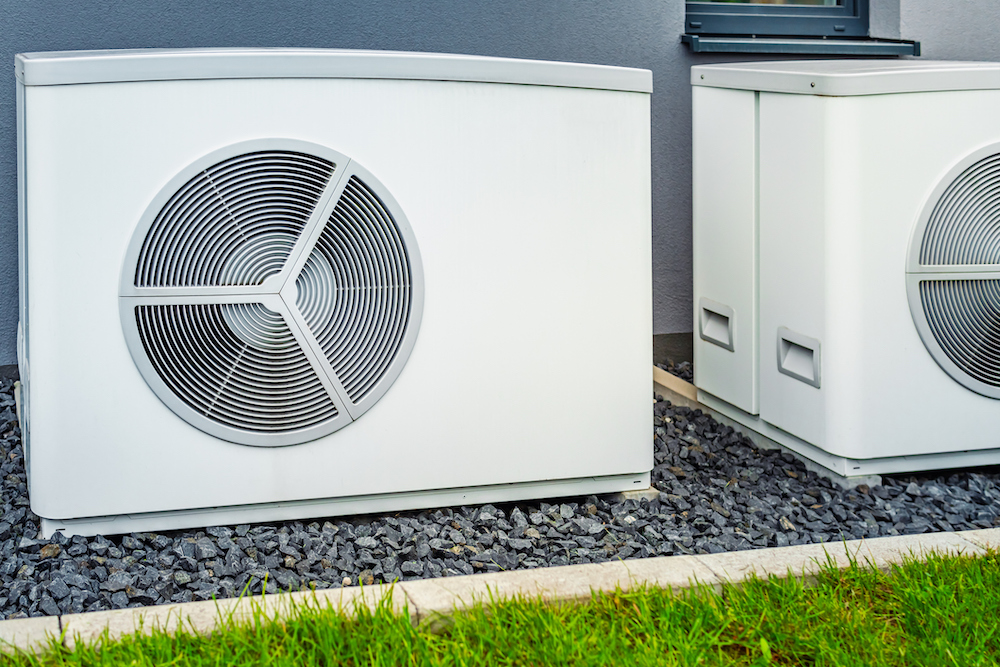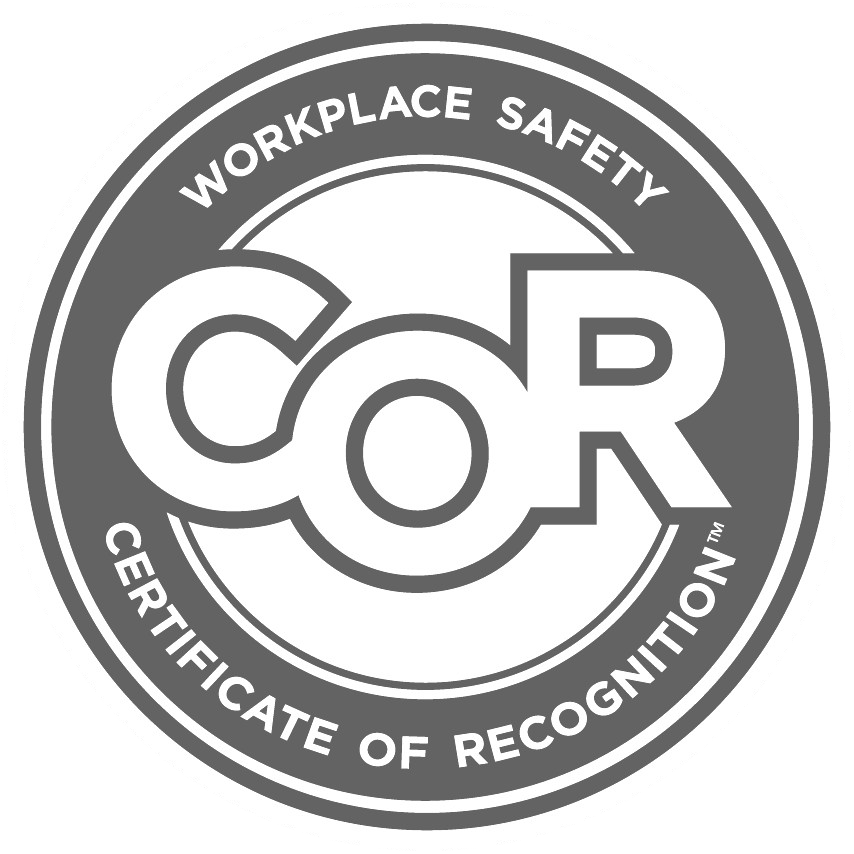Do Heat Pumps Work In Alberta?
Alberta's environment is diverse, with hot summers and harsh winters, so a heating and cooling system that can withstand both extremes is necessary. If you've been thinking about upgrading your home's HVAC system, it's likely that you've come across heat pumps, which leads to the question of whether or not these units can operate well in the province. Therefore, before having a new unit installed in your home, Join the team at Romaniuk Heating and Air Conditioning as we outline the ins and outs of how heat pumps operate and whether they can make an excellent addition to your home.
Get 24/7/365 Expert Service for Heat Pumps
Romaniuk Heating and Air Conditioning is your go-to solution for all things related to heat pumps. We know that problems with your HVAC can happen at any time, which is why we are available for all repair and maintenance service calls 24/7/365 days a year, including after-hours, weekends, and holidays, at no extra cost!
Further, if you decide to install a heat pump in your Alberta home, know that we offer numerous discounts and flexible financing so you can save big on your new purchase! We also provide free estimates when you meet with one of our home comfort advisors and purchase a new unit!
How often do I need to service my heat pump?
Regular maintenance is essential in the optimal performance and longevity of your heat pump. The recommended frequency for servicing a heat pump is typically twice a year—once in the spring before the hot summer and once in the fall prior to winter.
In order to preserve optimal performance in between professional visits, you can carry out certain basic activities more frequently, such as inspecting and replacing air filters every 1 to 3 months. In addition to improving your heat pump's function, routine maintenance also lets you spot possible problems early on and take action before they become more serious ones, which is why you should never overlook them.
What are the benefits of a heat pump?
Heat pumps are an innovative HVAC appliance that offers numerous benefits, including:
· Heat pumps consume less energy since they move heat instead of creating it, making them extremely energy efficient.
· Heat pumps offer year-round convenience with a single system that performs both heating and cooling duties. Because of its versatility, independent heating and cooling systems are no longer necessary.
· When compared to traditional heating and cooling systems, heat pumps can lead to cheaper energy bills because of their energy efficiency.
· When compared to systems that use combustion for heating, heat pumps help reduce greenhouse gas emissions and are more eco-friendly.
· When it comes to longevity, heat pumps can outlast conventional heating and cooling systems, provided they receive appropriate maintenance throughout their service life.
· Installing energy-efficient heat pump systems can result in a number of rebates, tax credits, and incentives, making them an appealing financial choice.
How does a heat pump work?
An air-source heat pump is a multipurpose heating and cooling appliance that, in the winter, draws heat from the outside air and moves it inside. Let's take a closer look at how this works:
1. Heat absorption: When operating in its heating mode, the heat pump's exterior unit includes a refrigerant that absorbs heat from the outdoor air.
2. Compression: Using the compressor unit in the outside system, the refrigerant is compressed into a gas form. The refrigerant's temperature rises with this compression process.
3. Release of heat: Next, the inside unit receives a circulation of the heated, compressed refrigerant. It releases the heat it has absorbed as it passes through the interior coils, warming the air.
4. Warm air delivery: Using a ductless air handler or a ducting system, the heated air is dispersed throughout the house. This maintains a steady and comfortable temperature indoors.
5. Cooling cycle: When in its cooling mode, the heat pump runs backwards. It cools the inside by absorbing heat from the air inside and releasing it outside to lower the indoor temperature in your home.
Does a heat pump work in cold climates?
Yes, heat pumps can be efficient in colder climates, including Alberta, despite the harsh winter conditions. That said, certain factors need to be taken into account in frigid climates like Alberta, where winter temperatures can drop dramatically.
Because heat pumps work by extracting heat from the air outdoors before moving it into homes, as temperatures drop, the availability of heat can decrease significantly. A consequence of this is that your heat pump will need to work incredibly hard to heat your home, which in turn can cause it to operate inefficiently.
That said, there is a solution to this. For air heat pumps to function at their best in Alberta's severe winter environment, when temperatures can drop significantly, additional heating may be needed. Supplemental electric heating components or a dual-fuel system that smoothly transitions to a different heat source, like a furnace or boiler, can be used to achieve consistent warmth in extremely cold weather where temperatures fall below -25 degrees Celsius.
Just know that this will result in higher installation and maintenance expenses. Therefore, if you’re considering a heat pump for your home in Alberta and live in Edmonton, Red Deer, Spruce Grove, Leduc, Beaumont, or any of the surrounding areas, we encourage you to reach out to the team at Romaniuk Heating and Air Conditioning to schedule a consultation appointment with one of our home comfort advisors.
Our home comfort advisors will help you choose the right heat pump for your home and give you more information on our discounts and financing options. All consultations also come with a free new system purchase quote.
Book your consultation with us over the phone or use our online booking form. We look forward to working with you!





